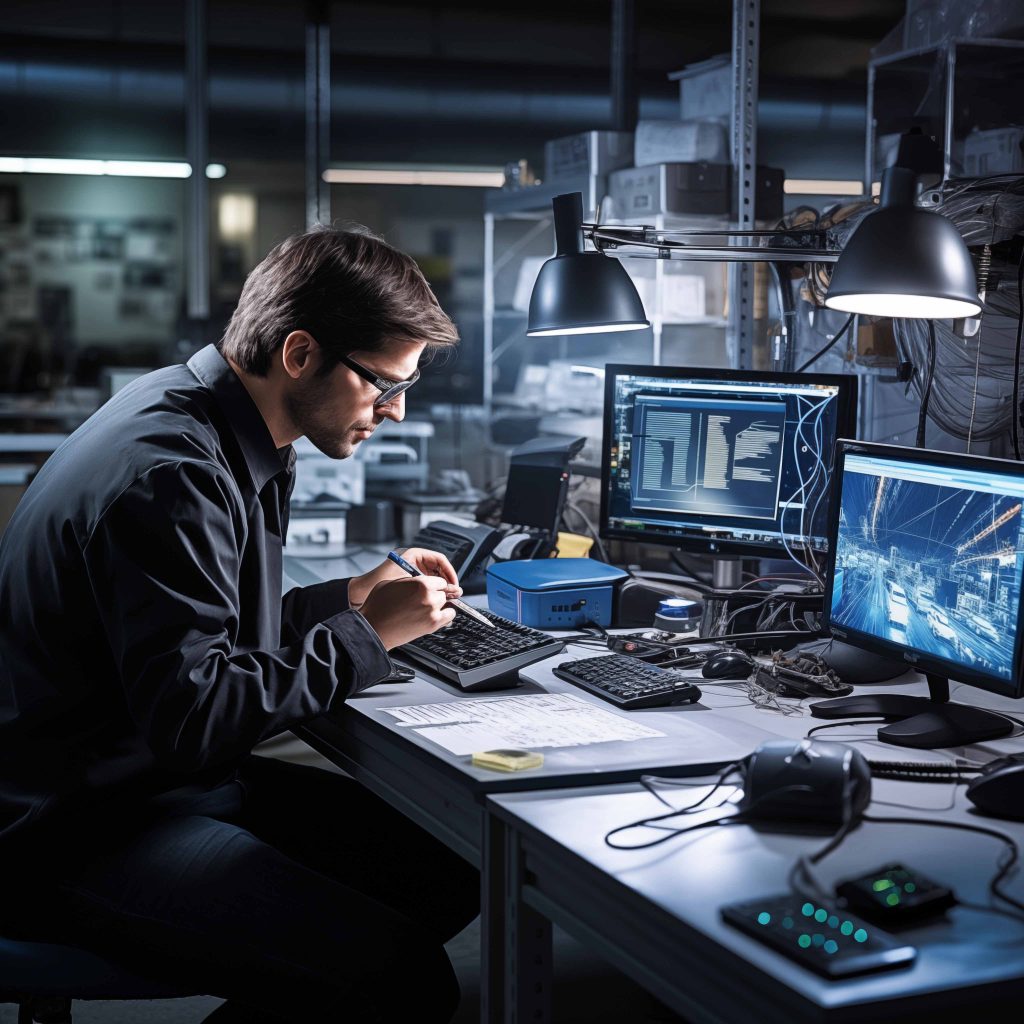Be a hero for your client
NCAVF Analysis of Lyft data exonerates client – case dropped by prosecution
Your cell phone is constantly tracking your activities. This means that wherever you are, as long as you have your phone on you, information from your phone is sent to the nearest cell phone tower. The major telecommunications providers have databases that store cellphone users’ information. The data shows where your phone has been at any time as well as usage information.
While this may sound like something straight out of “1984,” this constant data collection has a huge upside: it helps law enforcement catch criminals. It also can help a person who has been unjustly charged with a crime to prove their innocence.
Learn here about using cell phone evidence to prove a case, and why it’s important to hire audio and video forensics experts to assist you.

Finding evidence in a cell phone
If a person accused of a crime turned off their phone – and the crime occurred while the phone was turned off – that’s a huge red flag that they might have done something they didn’t want tracked. When a cell phone is off, it cannot communicate with cell phone towers. Getting answers about what happened to their phone during this time is critical because, whether you are prosecution or defense, this fact will likely come out during the trial, and it’s better to be prepared than to be surprised.
Additionally, when looking for evidence to prove a person’s innocence or guilt, an expert like NCAVF can comb through the following phone data:
- Phone call and text message logs
- Application usage
- GPS data
- Emails
- Photos and videos
- Contact lists
With phone calls and text messages, an expert can see with whom the suspect was in contact at the time of the incident. Analyzing GPS logs reveals travel information, and analyzing application data shows what they were doing.
In one case we handled, a defendant was charged with a crime, and NCAVF used data from the Lyft application to prove they were in a Lyft – and not at the scene of the crime. The defendant was cleared of all charges.
Cellphone data analyzed by an expert cannot be faked. It’s important to get the original phone data so the chain of evidence is unbroken.
Don’t the police analyze cell phone evidence?
Most police don’t have the time or expertise to properly extract and analyze cellphone data. You can’t assume they did it correctly.
As your client’s advocate, getting a thorough analysis by an expert will create a more detailed timeline of events surrounding the incident.
To best help your case, cellphone data should be analyzed separately from the work done by police. At the minimum, it means you’ll be prepared for anything that comes your way during the trial; you might help discover something important that changes the course of your case.
You can be the hero your client needs.
Want to learn more about our cell phone extraction services here at NCAVF? Contact us today.